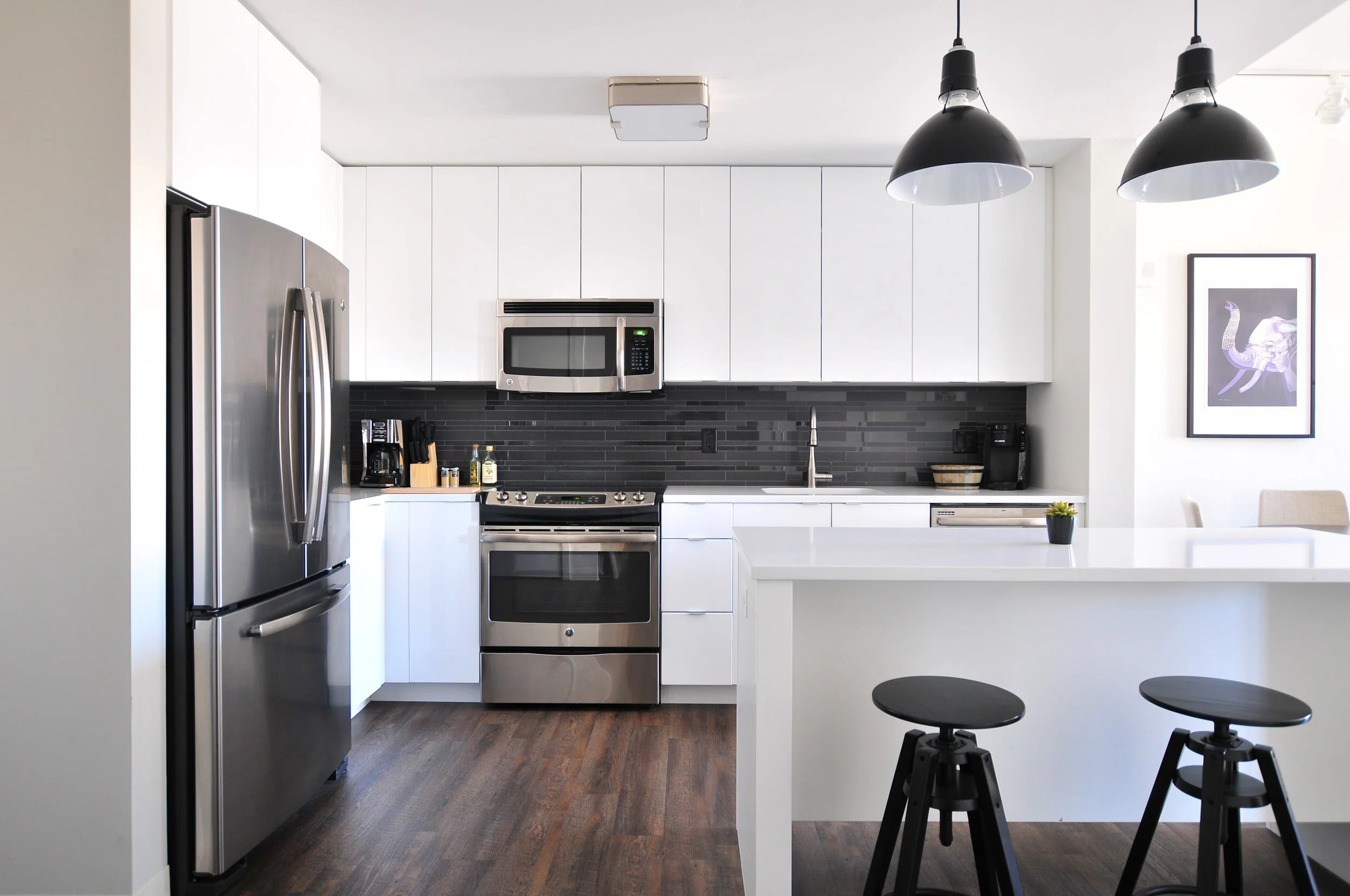Are you looking for a beautiful place to retire with mild weather, excellent outdoor recreation,
and a relaxed pace of life? The Eugene Life is for you! Eugene, Oregon and the greater Lane
County area offer unmatched beauty and livability that make it a popular destination for retirees
looking to relocate.
What to know before retiring in Eugene
Climate, culture, recreation — there’s a lot to love about living in Eugene! However, while
Eugene is known for its livability, relocating to Oregon has financial implications for retirees.
Retirees should know that Oregon taxes income from retirement accounts like 401(k)s and IRAs
at the full state income tax rate. On the plus side, the state has no sales tax and below-average
property tax rates. After owning your house for five years, you may be eligible to defer property
taxes.
While property taxes are reasonable, home prices in Eugene are higher than the national
average. In June 2021, the median home price in Eugene was $425,000 with many homes
selling in under a week.
How to buy a home in Eugene
To compete in Eugene’s competitive housing market, Eugene homebuyers need to have
financing in order before making an offer. Conventional loans are most competitive among
financed purchase offers due to fewer regulations and shorter time to close. Conventional
mortgages also have more competitive rates than FHA loans with no mandatory mortgage
insurance with 20% equity.
You’ll also need a local real estate agent that knows the Eugene area inside and out. Aaron
Stansbury at The Eugene Life and Keller Williams Realty prides himself on his knowledge of
Lane County and the surrounding areas and his ability to help people find and buy their dream
home.
What to prioritize when buying a home in retirement
After securing financing and hiring your real estate agent, you’re ready to start shopping for your
next home. Other than a great location, what should retirees look for when buying a home?
Neighborhood
Safety, walkability, and convenience are top priorities for older buyers. Active retirees should
look for neighborhoods with parks, shopping, dining, and other social opportunities nearby. The
Crest Drive, Cal Young, Fairmount, and Amazon neighborhoods top the list of best places to live
in Eugene. Lane County is also home to several growing small towns for retirees who prefer a
slower pace.
Transportation
If you plan on living in your home long-term, there may come a day you no longer drive. While
not everyone wants to live in a tight-knit neighborhood, it’s important to consider your new
home’s proximity to shopping and other amenities. If your next home doesn’t have access to
public transportation, are you close enough to make taxis and ride-sharing services affordable?
Accessibility
Older buyers should choose a home that will allow for ease of access as they age. Look for a
house with a level driveway, no steps at the main entrance, a first-floor bedroom and bathroom,
and a flexible layout for future renovations. While you might not need these features today,
you’ll appreciate an accessible home if you experience mobility changes later in life.
Additional nice-to-have amenities for older homebuyers include extra-wide doorways and
hallways, spacious bathrooms with roll-in access, and accessible kitchens. While single-story
homes are ideal, it’s possible to retrofit multi-story homes with stairlifts and elevators. Factor
renovations into your home-buying budget to avoid sticker shock. Full kitchen remodels can cost
upwards of $50,000 and $20,000 for full bathroom remodels isn’t uncommon.
Lane County is a fantastic place to spend your retirement years, but there’s more than greenery
and culture to consider when relocating to Oregon for retirement. Retirees relocating to Eugene
should understand what to expect from the housing market and how to find a home that meets
their needs as aging homeowners. When you’re ready to find your Oregon dream home, contact
Aaron Stansbury at The Eugene Life for expert insights into the local Lane County market.
Written by Bob Shannon





